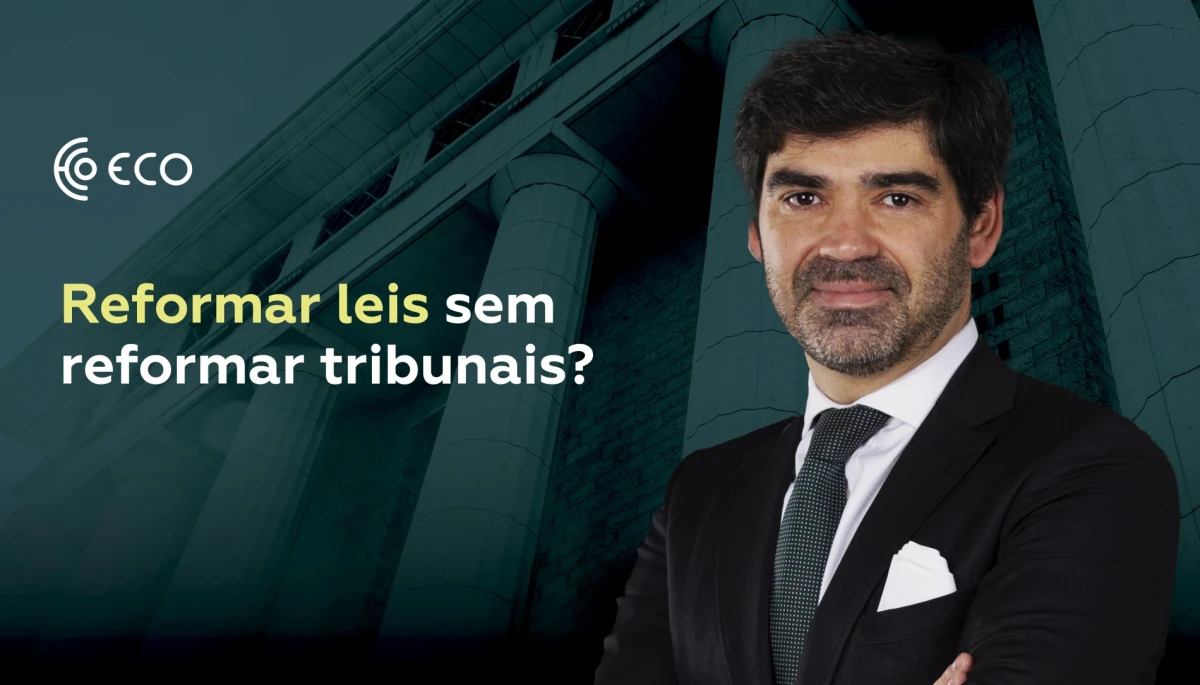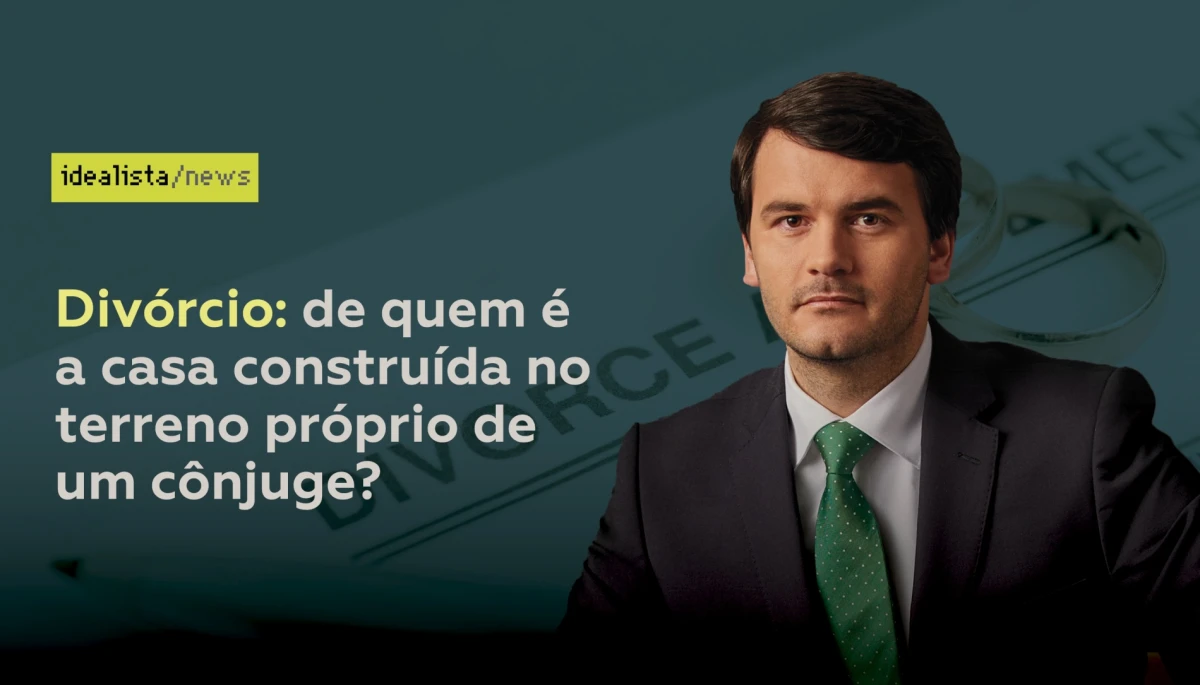The Report of the Commission chaired by Rogério Fernandes Ferreira for the Review of the Tax Process and Procedure and of Taxpayers’ Guarantees has, in recent days, drawn the attention and debate of tax experts, government officials, and the wider community.
It contains around 90 proposals, distributed across various areas, aiming to simplify procedures, strengthen (or rebalance) taxpayers’ guarantees, and introduce greater predictability in the relationship between the Tax Authority (AT) and citizens. It is certainly not a rupture. But, to be fair, it is a serious and technically solid contribution toward a more transparent tax justice system — one that works and, ultimately, truly responds to the legitimate aspiration for justice of both citizens and the administration.
Among the most relevant measures are: setting a maximum period of 20 years for the statute of limitations on tax debts; enforcing judicial decisions within 90 days; requiring clear and electronic notifications; publishing decisions of the Administrative and Tax Courts (the so-called first-instance courts); the possibility of sanctioning the AT itself for bad-faith litigation; reducing court fees; creating a specific procedure for resolving international tax disputes; harmonizing deadlines for administrative complaints and judicial appeals; among many others. These proposals point toward strengthening confidence in the system and deterring abusive practices that so often penalize taxpayers and, in truth, operators in general.
But as relevant as these changes may be, there is one problem no legislative reform will solve on its own: the absolute lack of resources in tax justice. The Administrative and Tax Courts, including the higher courts, are submerged in an unbelievable backlog. Cases drag on for years and years, with too few judges and, in many cases, without real specialization in tax matters. Unless this reality is addressed, any reform — however well-designed and comprehensive — risks becoming inconsequential or, as the saying goes, a dead letter.
It must be recognized that tax justice is not merely a technical issue reserved for tax experts and academics. It is an essential factor for the competitiveness of the economy and for citizens’ trust in the State. When companies do not know how long it will take to resolve a tax dispute, or when taxpayers face contradictory and never-ending decisions, mistrust and the perception of arbitrariness inevitably take hold.
The Report of the Commission chaired by Rogério Fernandes Ferreira opens important doors, suggests highly reasonable changes, and can and should be welcomed. But it will be of little use if it is not met with the justice it deserves — namely, the strengthening of the courts, the investment in specialized judges, and the establishment of an adequate system of human and technological resources.
Reforming laws without reforming the courts is a shame. And worse still, an injustice.





